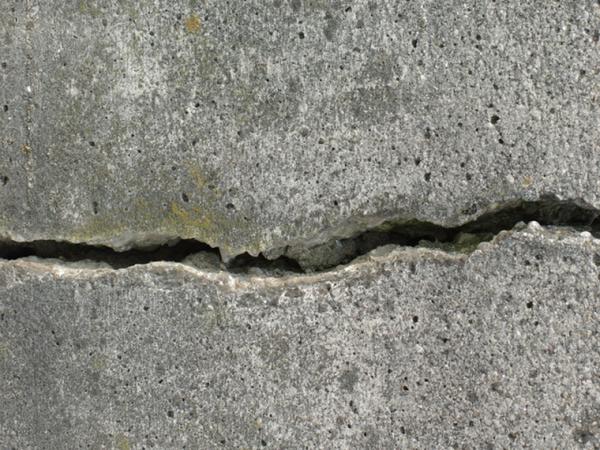EIHS Workshop: Facing the Deep African Past: Reflections on Rupture, Modernity, and Conversion in the African Atlantic
This panel engages with themes from Edda L. Fields-Black’s Deep Roots: Rice Farmers in West Africa and the African Diaspora (2008). Moving from early 18th century Kongo to the colonization of Liberia and ending in Harlem during the Harlem Renaissance, presenters will discuss questions of inheritance, innovation, borrowing, and the process of cultural transmission in the formation of new historical subjectivities in the African Atlantic. Professor Ware will provide a brief discussion of Deep Roots and the contributions of Professor Fields-Black’s work prior to the presentations. Professor Fields-Black will respond and offer comments after the presentations. Featuring:
Juan Rodriguez Barrera (Graduate Student, American Culture, University of Michigan)
Sargeant Donovan-Smith (Graduate Student, Anthropology and History, University of Michigan)
Richard Hoffman Reinhardt (Graduate Student, Anthropology and History, University of Michigan)
Edda L. Fields-Black (commentator; Associate Professor, History, Carnegie Mellon University)
Rudolph "Butch" Ware (chair; Associate Professor, History, University of Michigan)
Free and open to the public. Lunch provided.
This event is part of the Friday Series of the Eisenberg Institute for Historical Studies. It is made possible by a generous contribution from Kenneth and Frances Aftel Eisenberg.
Photo: "Break Point" (yellowcloud, CC-BY-2.0).
Juan Rodriguez Barrera (Graduate Student, American Culture, University of Michigan)
Sargeant Donovan-Smith (Graduate Student, Anthropology and History, University of Michigan)
Richard Hoffman Reinhardt (Graduate Student, Anthropology and History, University of Michigan)
Edda L. Fields-Black (commentator; Associate Professor, History, Carnegie Mellon University)
Rudolph "Butch" Ware (chair; Associate Professor, History, University of Michigan)
Free and open to the public. Lunch provided.
This event is part of the Friday Series of the Eisenberg Institute for Historical Studies. It is made possible by a generous contribution from Kenneth and Frances Aftel Eisenberg.
Photo: "Break Point" (yellowcloud, CC-BY-2.0).
| Building: | Tisch Hall |
|---|---|
| Event Type: | Workshop / Seminar |
| Tags: | African American, History |
| Source: | Happening @ Michigan from Eisenberg Institute for Historical Studies, Department of History |
The Thursday Series is the core of the institute's scholarly program, hosting distinguished guests who examine methodological, analytical, and theoretical issues in the field of history.
The Friday Series consists mostly of panel-style workshops highlighting U-M graduate students. On occasion, events may include lectures, seminars, or other programs presented by visiting scholars.
The insitute also hosts other historical programming, including lectures, film screenings, author appearances, and similar events aimed at a broader public audience.


